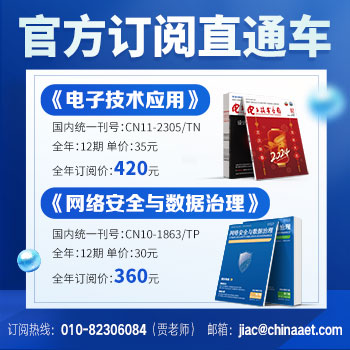自动化行政的裁量困境与解决路径
网络安全与数据治理
何扬阳
西安交通大学法学院
摘要: 行政裁量自动化是行政裁量与人工智能相结合的产物,也是顺应智慧政府建设的必然趋势。但由于计算机程序算法的确定性特征,在编程中不允许存在二义性,特别是法条中俯拾皆是的“不确定法律概念”带来的模糊性,给行政裁量的自动化造成困难,很多学者因此认为,行政自动化系统不能处理裁量问题。事实上,模糊逻辑理论是人类处理这一问题的有力工具,将其引入自动化系统可以突破传统二值逻辑的束缚,并为运用模糊产生式规则处理行政裁量问题奠定坚实的基础。
中图分类号:D9221文献标识码:ADOI:10.19358/j.issn.2097-1788.2024.03.009
引用格式:何扬阳.自动化行政的裁量困境与解决路径[J].网络安全与数据治理,2024,43(3):55-62.
引用格式:何扬阳.自动化行政的裁量困境与解决路径[J].网络安全与数据治理,2024,43(3):55-62.
The dilemma of discretion in administrative automation and its resolving pathways
He Yangyang
School of Law, Xi′an Jiaotong University
Abstract: Automated administrative discretion is a product of the integration of administrative discretion and artificial intelligence, and it is also an inevitable trend in the construction of a smart government. However, due to the deterministic nature of computer program algorithms, ambiguity is not allowed in programming, especially the vagueness brought about by the ubiquitous "uncertain legal concepts" in legal provisions, which poses difficulties for the automation of administrative discretion. Many scholars therefore believe that automated administrative systems cannot handle discretionary issues. In fact, fuzzy logic theory is a powerful tool for humans to deal with this problem. Introducing it into automated systems can break free from the constraints of traditional binary logic and provide a solid foundation for handling administrative discretion issues using fuzzy production rules.
Key words : automated administration; automation of administrative discretion; fuzzy logic; ambiguity
引言
当人工智能引领的第四次工业革命来袭,行政行为与自动化的结合成为必然趋势。自动化行政在实践中得到了广泛运用并展示出诸多优势。然而,随着“顶格罚款”之类裁量不当案例的出现[1],很多学者认为,行政自动化系统不能处理裁量问题。早在2007年,时任马里兰大学法学教授希特伦就曾对行政裁量自动化持否定态度,明确表示“那些明确或含蓄地要求行政主体行使自由裁量权的事项不能被自动化”[2]。牛津大学副教授鲁本同样宣称:“算法决策通常被认为不能行使自由裁量权,因为在确定性系统中没有回旋的余地”[3] 。在我国,亦有部分学者持类似意见,认为“行政裁量存在封闭性的趋势”[4] 。这些担心的出发点可以理解,但总体而言与事实并不相符。他们将自动化裁量置于一个狭隘的框架内考虑,忽视了现行技术的支撑能力,对行政自动化系统给出了悲观的定位,主张裁量问题是自动化决策系统的短板,应当大幅减少其适用范围,因为行政行为中羁束行政所占比例甚少,绝大多数都是裁量行政[5]。 因而,澄清这一问题不仅直接关系到行政自动化系统的可适用范围,也关系到其未来的发展前途。
本文详细内容请下载:
https://www.chinaaet.com/resource/share/2000005935
作者信息:
何扬阳
西安交通大学法学院,陕西西安710049

此内容为AET网站原创,未经授权禁止转载。

